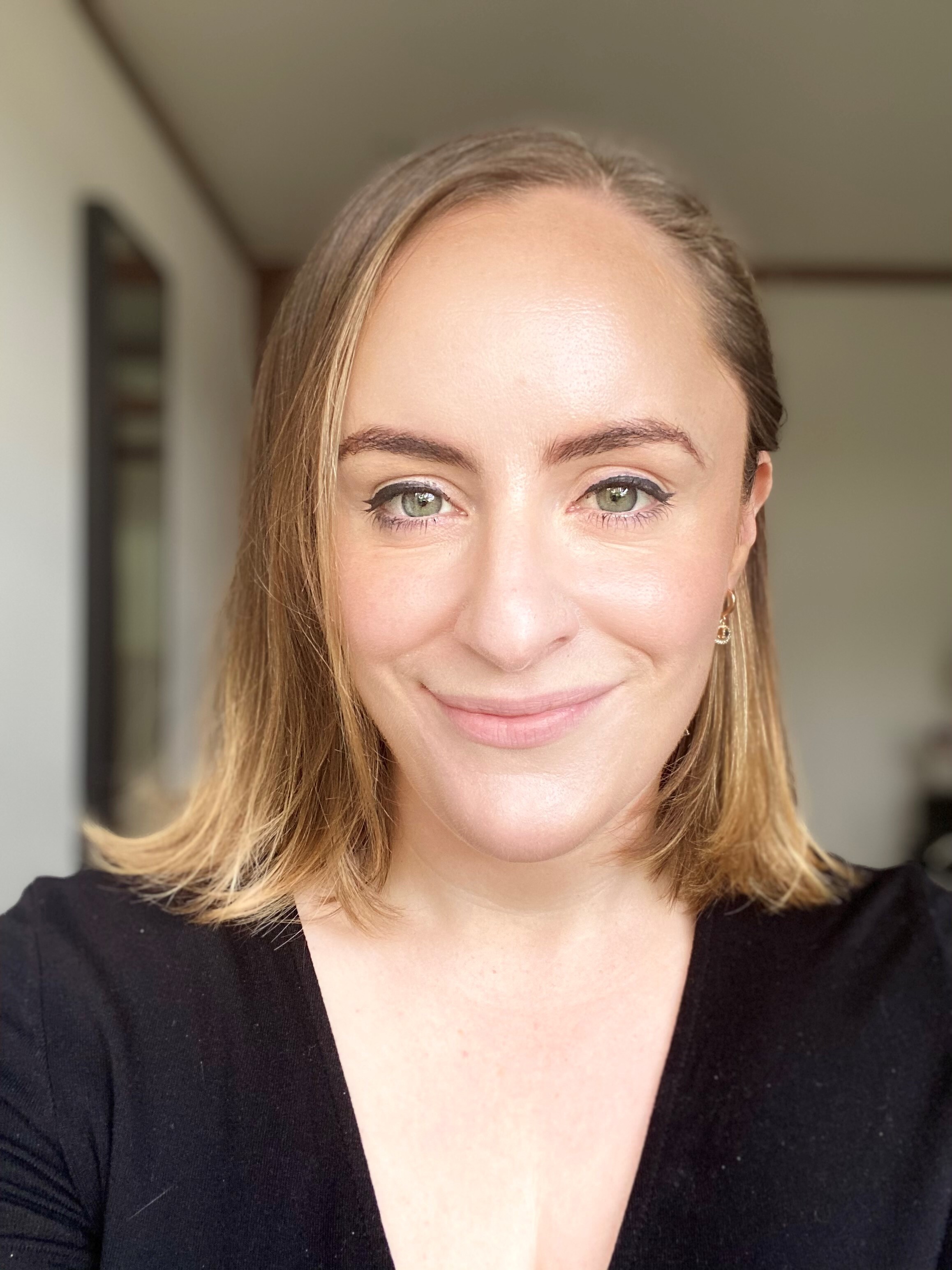
Forming a culture of habitual learning for personal and business growth

The session kicks off a fresh series of engaging webinars for 2022 which will unpick the steps businesses can make in order to create more well-rounded and positive working environments for their teams.
The conversation opens with a series of questions, addressed to the audience and the panelists around new year resolutions and the progress on maintaining them thus far. The responses are mixed, with some proud of their progress, while others admit that they have not yet been able to stick to them. This leads the discussion onto the topic of habits and how long it takes to form or on the other hand, break them. Lauren Waldman quotes a scientific claim which states that 70% of our behaviour is habitual which would make it seem like the odds are against us when it comes to trying to create or forget a habit overnight. The panelists then debate on what the definition of a habit is to them - while Lauren sticks to a more scientific notion, unpicking habits from the perspective of neuroscience, each speaker is in agreement that habits need to be looked at from a learning context, be it conscious or unconscious. So what is learning? At this point in the seminar, both David William Hastings and Sebastian Tindall turn to Lauren who provides her scientific insights - she states that learning is our ability to change our brains, explaining that our brain and nervous system constantly evolves based on our experiences. Thanks to neuroplasticity, where no less than 86 billion cells are constantly growing and evolving as we create new pathways, we build new connections into our minds. Lauren reiterates that learning is not easy, it’s a timely process which cannot be rushed. Studies have shown that it can take anything from 18 to 254 days to form a habit.
The topic segways nicely into how this consideration should be taken into account in the workplace - the panelists discuss how it is unreasonable now for businesses to expect people to learn things in an hour and then move on, when it has been proven time and time again that in order to properly assimilate something, you need to revisit what you’ve learned, you have to entertain it. David William Hastings also points out the importance of passion in the process of learning - when you care about something, you’ll want to repeat it, apply and practice it but also share the experience and inspire others.
Habitual learning is the most impactful learning, but how can you support it and create the right environment to foster new ‘habits’? Here the speakers stress the importance of exercise, a healthy diet and, last but not least, sleep. Each will contribute to making for a healthier, and more fruitful, working, and learning environment.
Sebastian Tindall poses a challenging question - How do we cater to frontline workers, or schedule based workers - what is the best time in the day to take them away from their role? Both Lauren and David acquiesce, stating that, though there is no one optimal time, the importance is for leadership to be mindful and compromising, making, and finding time where they can in order to support and inspire. To Sebastian, workplace wellbeing is a necessity. He is also adamant that achieving this within the workplace puts businesses at a competitive advantage which in the long run will exponentially contribute to the success of the company on all accounts. David, talks of the working culture at Go1, where everyone is able to bring their true selves to work.
Throughout the session, David condones the preconceived idea that training needs to be profit driven, geared towards KPIs and margins etc. To him, if the library of learning is not built to help everyone, then everyone will struggle with habitual learning - he states that there is a duty of care to provide for employees and give them a safe, relatable core; a pillar of human skills as well as professional.
After answering questions from the audience, the seminar wraps up with a punchy quote tweeted by James Clear, author of the book Atomic Habits: “intensity makes a good story, consistency makes progress” proving that slow and steady, really does win the race.
Keen to hear more insights from the panellists? Watch the full Humanising the Workplace webinar.




